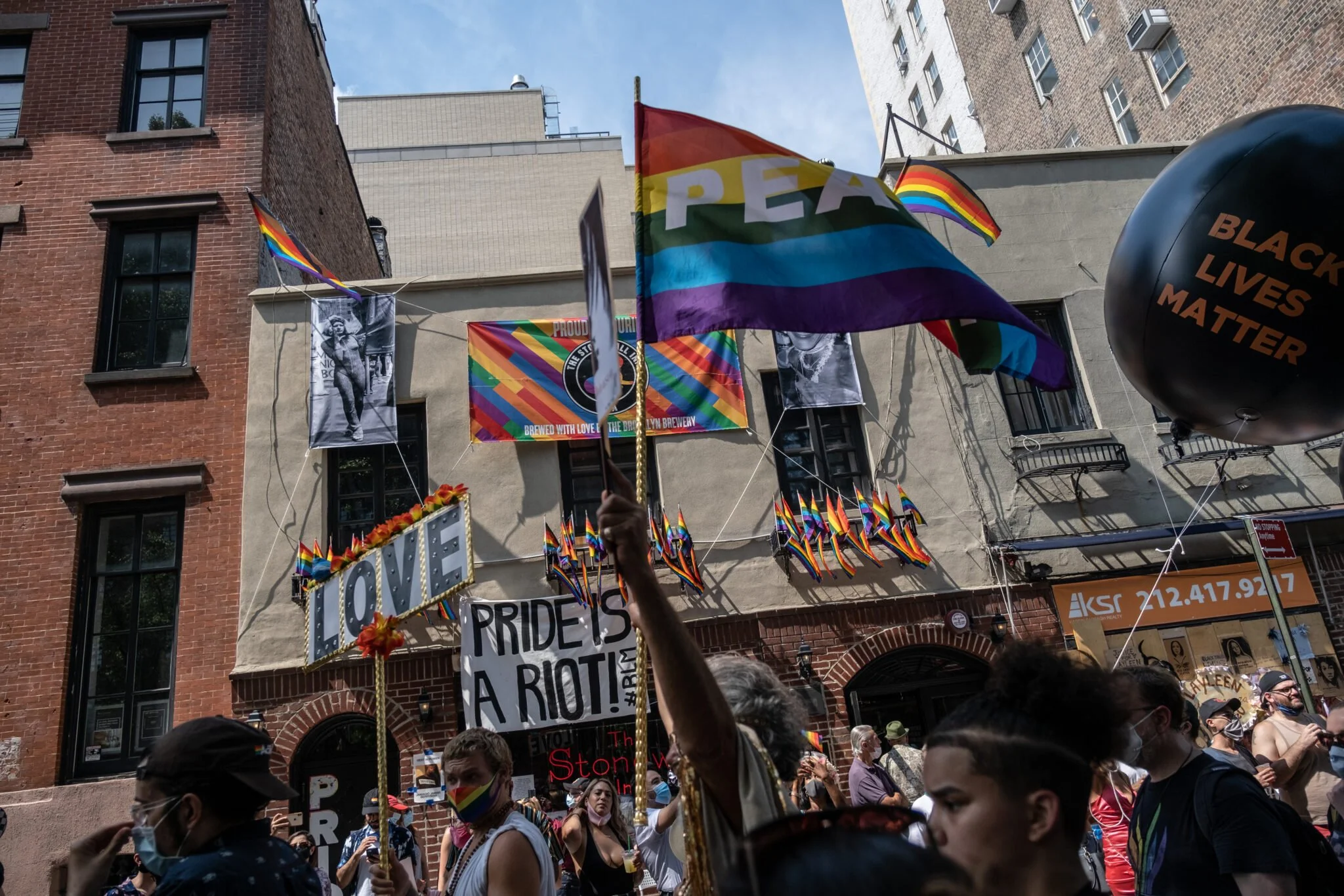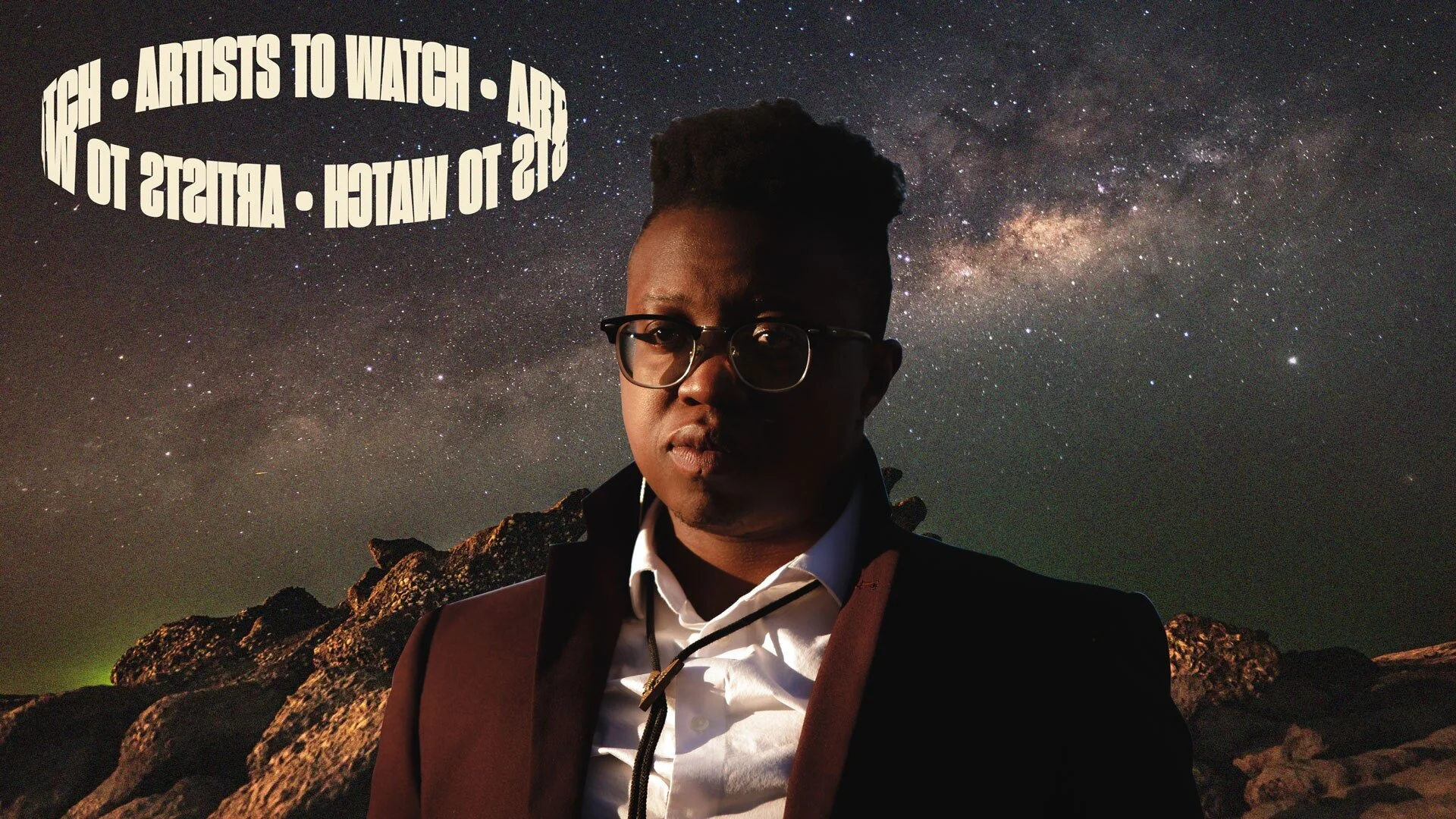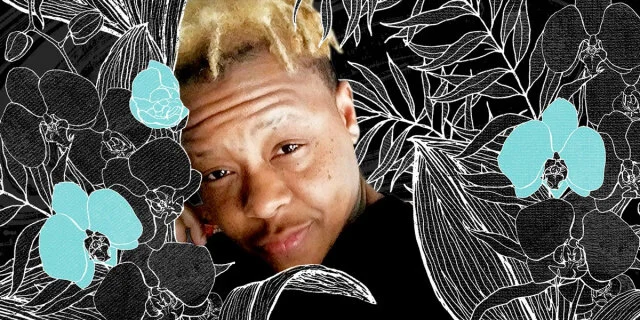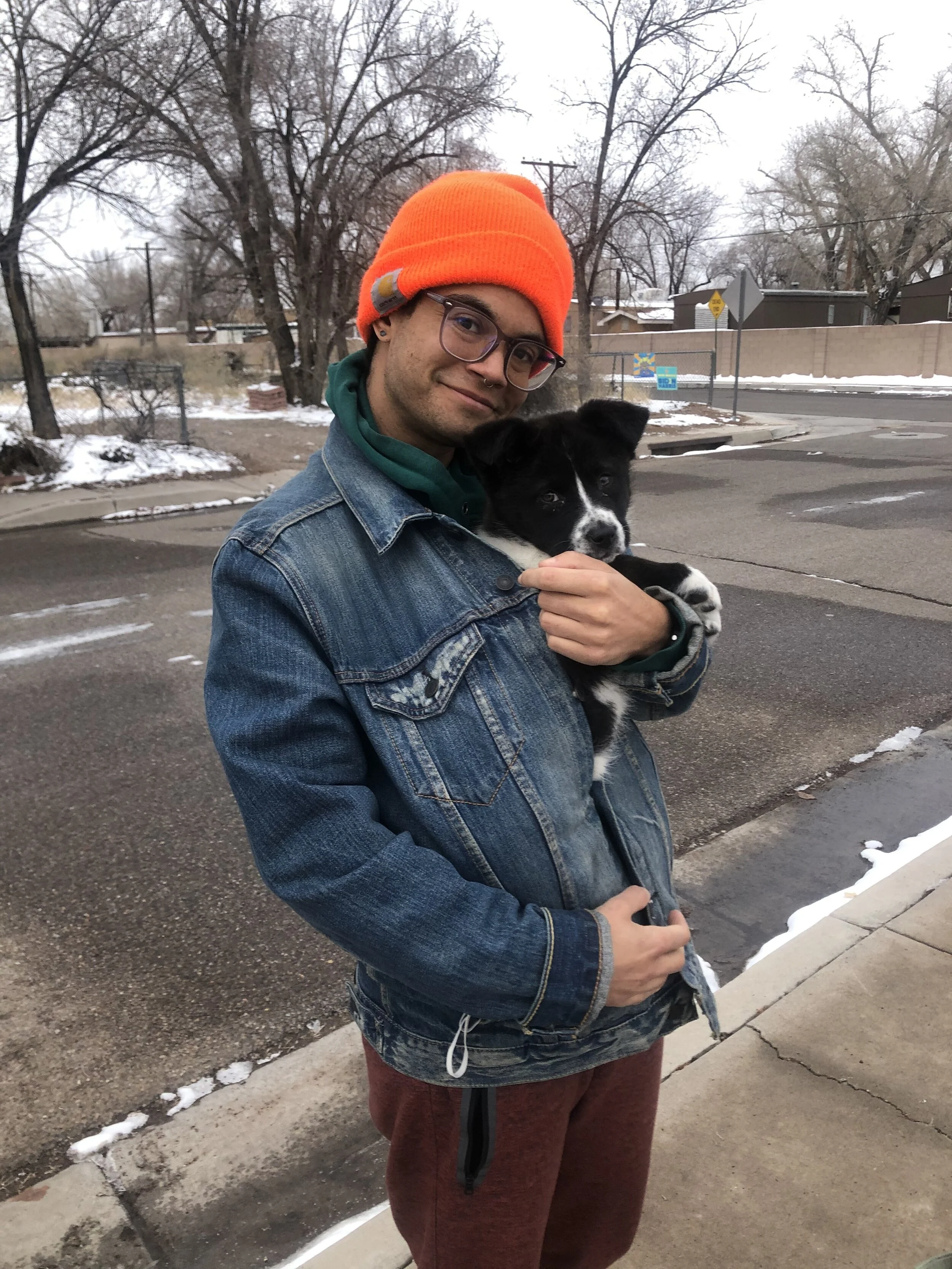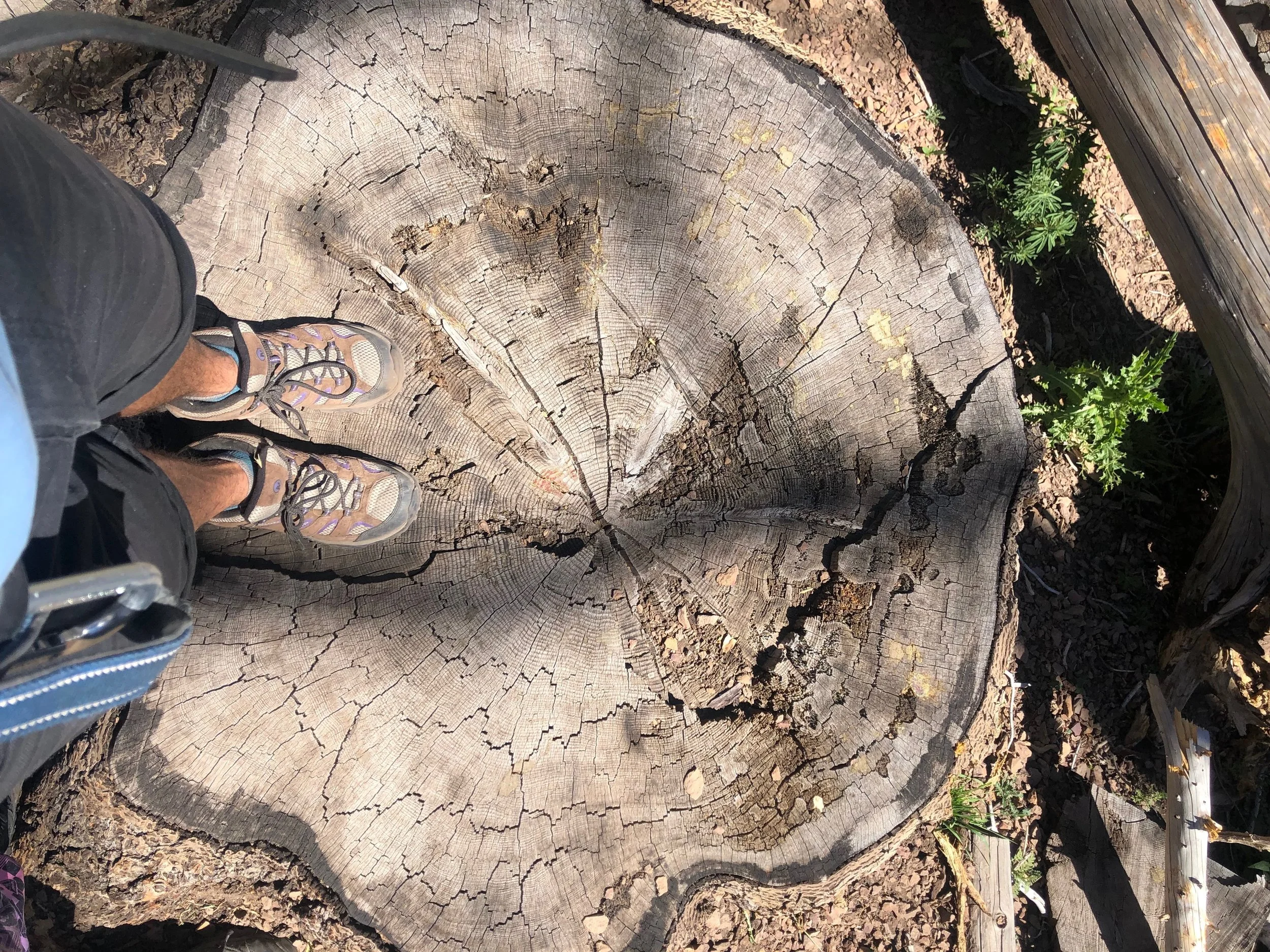As the descendant of a stolen people on a stolen land, I’ve struggled with this history. What choices or opportunities did we have post-Emancipation? What relationships did we have with Indigenous communities beyond or beside the Buffalo Soldiers’ role in Westward Expansion and imperial endeavors? I’ve had Black ancestors fight in every war since the Civil War, many of them labeled Buffalo Soldiers. What were their motivations? How did white leadership treat them? Did they know how they would be treated when they were discharged?
Read MorePTSD truly sucks; there’s really no way to sugarcoat it. Right after the shooting, my head was constantly on a swivel, and my shooters’ face appeared everywhere. I have my good and bad days, but shifting this hyper vigilance to help me search the sky for new-winged friends has provided unequivocal healing.
Read MoreEarly in his documentary The Whistle, StormMiguel Florez muses about his LGBTQIA+ friends who grew up in other parts of the country in the ’70s and ’80s who always say, “I didn’t know anybody like me.”
Florez retorts, “Albuquerque was packed full of queers back then!” Later in the film, we see a woman holding a scrapbook. It shows the wear and tear of being well-loved over many years. A bumper sticker reading “Get Wrecked” falls out of it and she chuckles. To her, it’s a scrapbook of cherished memories. To our underrepresented community, it’s a treasure trove, an archive, a key to reminding us that we’ve always been here and we’re not going anywhere.
Read MoreThe pioneering electronic musician opens up about his latest work, the ancestors that shape him, and his dreams of global revolution.
Read MoreThe sound of an AK-47 being fired and tearing through my property as I ran is not a memory many have; survivors of assault weapons attacks are rare, and I’m determined to make my voice heard.
Read MoreWhat often gets lost in the folklore of Stonewall, and trying to parse out who played the biggest role or who was the first to strike back, is that droves of people came together because we cared about each other. The power of Stonewall, the power of Pride, is about us standing together.
Read MoreWritten in Issue 02 of the Radical Adventure Riders Get Rad Be Radical
“Since my family was brought to America in chains, my dad was the first generation not born on a plantation or a farm. Leaving agriculture, hours in the hot sun, and a connection with the earth behind was seen as a step up. So for our family, spending time outside as ‘recreation’ didn’t make much sense”
Read MoreThe G7’s goal to conserve 30% of the planet by 2030 does not account for land and water already protected by Indigenous communities – this means that more land could be stolen under the guise of environmentalism. The G7 could meet its 30 by 30 goal by financially supporting Indigenous land stewards and communities and returning stolen land; 80% of the Earth’s current biodiversity is the result of Traditional Ecological Knowledge (TEK) and Indigenous stewardship.
As the years marched on, our devices kept us a tap away from the latest brutality, while those that made our devices tried to navigate their role and responsibility in the movement for Black lives. I’ve watched countless videos of modern lynchings while casually scrolling through my social media accounts – and I’d watch these people that look like me and my family go from human to hashtag. The companies that made my phone, created social media platforms, and gave me the ability to access the internet have all given their two cents on this issue.
A review of Passing to América: Antonio (Née Maria) Yta's Transgressive, Transatlantic Life in the Twilight of the Spanish Empire
Read MoreAs the understanding begins to spread about how vulnerable our Black trans sisters and siblings are to homelessness, medical discrimination, and unemployment due to living at the violent intersection of white supremacy and transphobia – the more people outside of the community are cashing in.
Read MoreOne night a year, trans and queer folk could slip bigoted laws aimed at gender expression
Read MoreThe Boston-based singer-songwriter discusses growing up Christian, writing their 2020 breakout album Giver Taker while getting sober, and finding a redemptive idea of spirituality.
Read MoreLiberation is not trickle down — as Black trans people we can’t just “wait our turn” for the police to stop killing Black cis men before we address the violence we face. We need to acknowledge intracommunal violence as our Black trans sisters like Iyanna Dior get attacked at rallies that are meant to celebrate and uplift all Black life. We need to practice what we preach and light candles and hit the streets for Tony like we do for George, we need to pack Transgender Day of Remembrance for our Black trans siblings like we do the victims of police brutality. I keep trying to get chants started for him at the marches and vigils I attend. It hasn’t caught on yet, but I have hope.
Read More"Transgender Murder Memorials: A Call for Intersectionality and Trans Livablity" - "The number of transgender folks in the United States lost to murder increases every year. These murders have recently gained more recognition, with the memorials moving from trans-run organizations and communities to mainstream LGBTQ groups. Using visual culture and discourse analysis of four transgender murder memorials, I argue there are problematic trends of centering a white and cisgender audience, and lack of acknowledging trans livability."
Read More"No one knows I’m queer. No one knows, including me, that my overindulgence and competitive drinking is an attempt to assert the only masculinity I know. Toxic."
Read More

